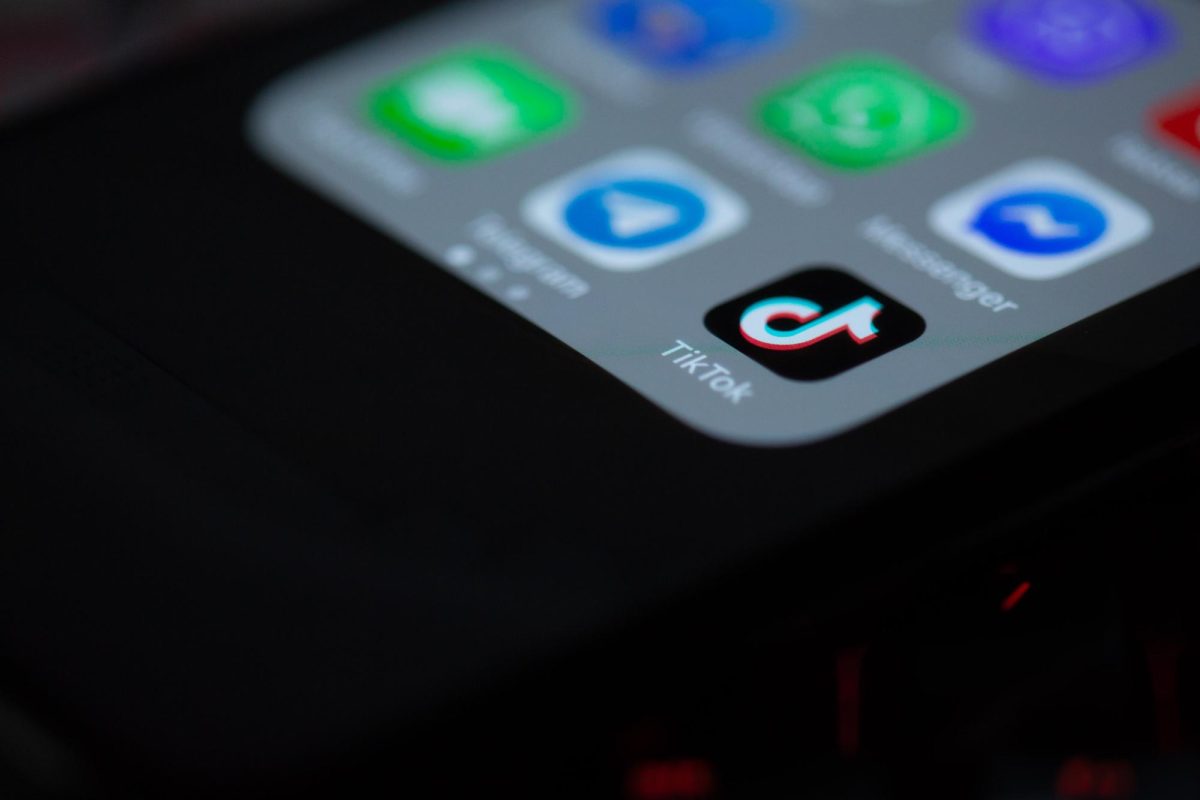Antitrust issues are looming over how universities are licensing their brands. A “Sideline 1” initiative has become the target of Dechert LLP, a law firm charging that more than two dozen major colleges and universities, along with third-party middleman The Collegiate Licensing Company, or CLC, is engaging in practices that hurt competition in the market.
In a cease-and-desist letter sent to the CLC and copied to the licensing directors at 27 colleges and universities, including Illinois, Steven Bradbury of Dechert LLP said the Sideline 1 initiative has colleges acting in concert by controlling to whom they license their names and logos.
The University currently has 462 licensees authorized to use the Illinois brand in some capacity, charged at a standard royalty rate of 10 percent.
“Sometimes, just by having a vast number of licensees, it affects the quality of our merchandise,” said Marty Kaufmann, licensing director and assistant athletic director at the University. “It hurts our brand when it appears Illinois is always a discount brand.”
The Sideline 1 initiative refers to the licensees that universities license their trademarks to: their sideline supplier, which produces the actual apparel athletes wear on the field, plus one or two additional licensees for other merchandise. CLC said this program, which involves agreements for increased royalty revenues from licensees, is meant to help protect the brands of colleges and universities. But Bradbury and those he represents disagree, saying this could constitute illegal collusion under the Sherman Antitrust Act.
Get The Daily Illini in your inbox!
Several years ago, the University agreed to an exclusive licensing arrangement with Knights Apparel. In exchange for a higher royalty rate, the University made Knights Apparel its exclusive supplier in the mass market. Different licenses allow for distribution in separate markets, ranging from the mass market, the Internet and even local campus bookstores and fan shops. Since then, retailers like Wal-Mart and Meijer, when carrying Fighting Illini T-shirts and sweatshirts, only have the opportunity to carry Knights Apparel products.
“That proved very successful for us,” Kaufmann said. “We’ve had increased distribution in Walmarts throughout the state of Illinois.”
But while the University appreciates an improved brand presence in addition to higher royalty revenues, Bradbury said economically speaking, this would never work without collusion with other universities.
“Such a scheme could not prevail in the marketplace if it were not agreed to by a critical mass of CLC clients,” he said in the letter. “The market would disfavor their merchandise if it is priced substantially higher than the licensed merchandise of non-participating universities.”
The University was approached yet again earlier this year with a similar arrangement for the mid-tier distribution channel, which includes Kohl’s or department stores like JC Penney. The mid-tier agreement has VF Imagewear and Knights Apparel paying 15 percent in royalties, a 50 percent increase from the standard 10 percent deal. The new exclusive mid-tier licenses will start July 1, the beginning of fiscal year 2012.
“Our hope is that it will increase our brand presence, particularly in Chicago, where the majority of our alumni are,” Kaufmann said.
In the cease-and-desist letter, Bradbury said he expects that participating colleges and universities are “directly communicating” with one another to support this strategy.
But Kaufmann said the University directly communicates only with CLC, also noting that CLC has brought proposals forward to the University that it has refused.
So far, Dechert LLP has only served a cease-and-desist letter to CLC, but Bradbury said failing to roll back this initiative could give rise “to very substantial damages, fines and other serious consequences.”
CLC maintains Sideline 1 is simply another tool to improve college brands and revenues.
“More sophisticated strategic brand management benefits schools, best-in-class licensees and consumers,” said CLC spokeswoman Tammy Purves.
“As such, we believe these allegations to be outrageous and unfounded.”









